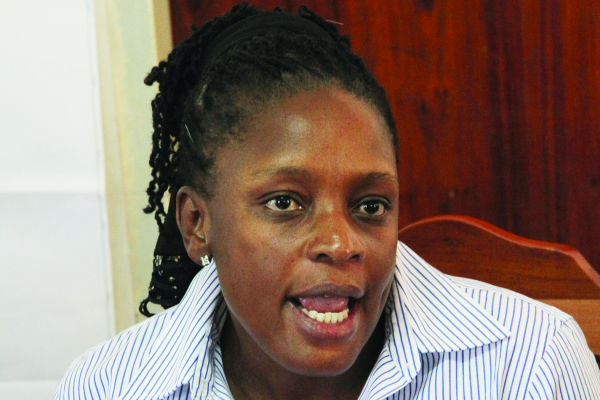
BY VENERANDA LANGA
LEGAL and parliamentary think-tank Veritas has criticised the Education Amendment Bill, describing it as a flawed document which has been carelessly drafted because it failed, among other provisions, to include safety and security measures to protect school premises from being used by political parties.
Currently, the Priscilla Misihairabwi-Mushonga-led Parliamentary Portfolio Committee on Education is conducting public hearings on the Bill, which seeks to amend the Education Act, which deals with education in schools, correspondence colleges and what are called “independent colleges”.
“The Bill has several worthwhile provisions, but is marred by omissions and errors that show a surprising lack of attention to detail, and overall, it is a flawed document, which is a pity as a sound educational system is so important for Zimbabwe,” Veritas said.
“There are no provisions on general security or for outlawing the use of school premises for party political purposes, or preventing schoolchildren and teachers being dragooned into attending political rallies in order to provide entertainment there.”
Veritas said it is also not enough to merely prohibit gender discrimination in schools admissions, adding that the Minister of Education should be empowered to enact regulations positively encouraging girls to enter and stay in schools.
Veritas noted irregularities in the Bill in terms of free basic education, whereby in the Bill’s memorandum, it says that when State resources are insufficient, then parents and guardians should make sure that every child attains basic education, whereas in clause 4, the Bill saddles parents and guardians with no such responsibility.
It also said the terms “basic education” and “basic State-funded education” should be clearly explained because basic education ends at Form 4, while basic State-funded education ends at Grade 7.
- Chamisa under fire over US$120K donation
- Mavhunga puts DeMbare into Chibuku quarterfinals
- Pension funds bet on Cabora Bassa oilfields
- Councils defy govt fire tender directive
Keep Reading
“Section 21 of the Act states that non-government schools must get approval from the National Incomes and Pricing Commission before charging or increasing their fees and levies. That Commission was abolished in 2017, but the Bill makes no attempt to amend or repeal section 21,” Veritas said.
Another criticism of the Bill was that it does not tackle the problem of social and cultural norms that discourage girls, particularly in rural areas, from pursuing their education.
Some of the positive provisions in the Bill will be that it will prohibit schools, government and non-government alike, from excluding pupils on the grounds of either non-payment of fees or of pregnancy, which means that pregnant girls should be allowed to complete their education no matter what school they attend.
“The Bill will insert a new section 62 into the Act which will urge schools to teach every officially-recognised language, though their language of instruction will have to be the language of examination (which, in the case of public examinations, is usually English).”
Other provisions are that the Bill seeks to ban corporal punishment and will oblige registered schools, funds permitting, to provide infrastructure suitable for pupils with disabilities.











